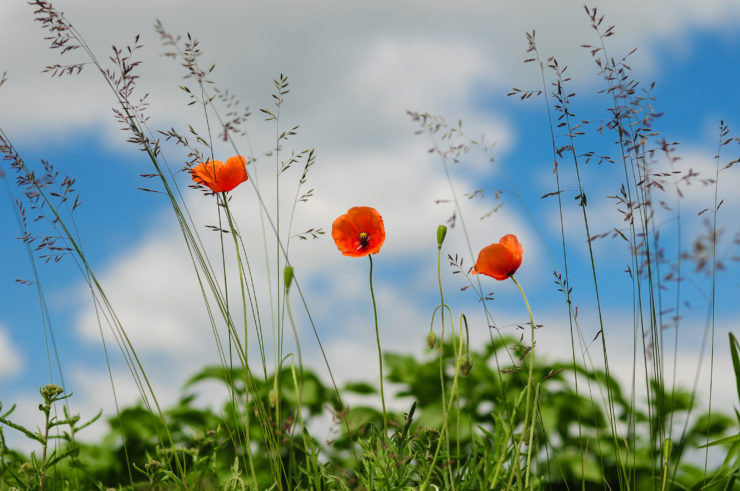I never knew my grandfather.
The family photo album contains a photo of him holding me as a toddler, but I don’t remember him. Other photos show he was a barrel-chested man with a receding hairline. I have two younger brothers; I was the only one who inherited his hairline. Lucky me.
During World War 2, he survived a near-miss explosion. The details were horrific. He died that day – it just took thirty-odd years for his body to catch up.
Today, he’d be diagnosed as suffering from PTSD, but those were different times. When he returned from the war, he took to self-medicating with alcohol. I remember my mother telling me how sweet and kind he could be when he was sober, but how dark moods would descend, and he’d deal with it the only way he knew how… and he’d become a different – and violent – man. Soon, that was the only man he was. Several years after he returned home, his co-workers tried to get him help.
He refused.
It was a long, slow suicide. According to the medical reports, cirrhosis of the liver killed him early in May 1978, when I was four years old. He died alone, his alcoholism & violence having driven away everyone who’d once loved him.
Were there already dark threads running through his life that the PTSD brought to the surface, or were the seeds sown on that day in a war zone? How different could his life, and the lives of those around him have been, had there been ongoing support for him and all those men like him after they returned from the war?
Did he feel it wasn’t socially acceptable to take advantage of that support? Did he feel that it made him weak or “less of a man” to admit he needed help? Maybe he refused to admit it. I’ll never know. Even now, in 2016, there’s still stigma attached to being a man who admits to having mental health issues; that stigma is one of the reasons I refuse to be silent about my own mental health experiences.
As we remember the fallen this ANZAC day, think also of those who returned and still return from war zones. Some have have physical scars, but for many their hearts and minds are scarred by unimaginable experiences; experiences that they maybe can’t – or won’t – talk about.
Whatever you believe about war, both those who return from war, and their families, need and deserve our support. They also need immediate and ongoing support from the government that sent them there. It’s rare that these experiences can be processed without help; our returned military personnel require the tools and support to help them deal with the outcome of their experiences.
Far too often “going solo” results in these brave men & women becoming dependent on alcohol and/or drugs to cope. The results may be homelessness, exploding in violence towards their loved ones or others, or death at their own hands, their violence turned inward.
The effects of my grandfather’s experiences in the war, and the consequences of his choice to deal with those experiences through abusing alcohol and his subsequent violence still echo today in my own life, and the lives of those who knew and loved him.
Even while writing this post and discussing it with my cousin, I learnt new & painful things about him, and what he did to my grandmother, my mother, and her siblings.
It’s been said that “War is hell”. It’s not just hell for those who survive it, but too often for those who love them.
Lest we forget.
